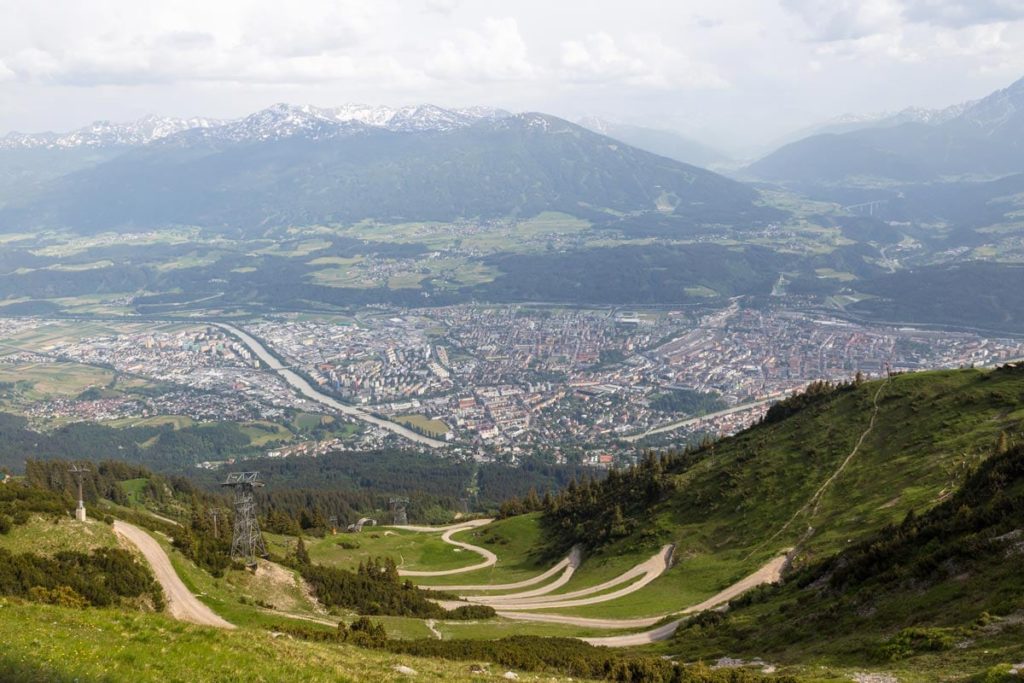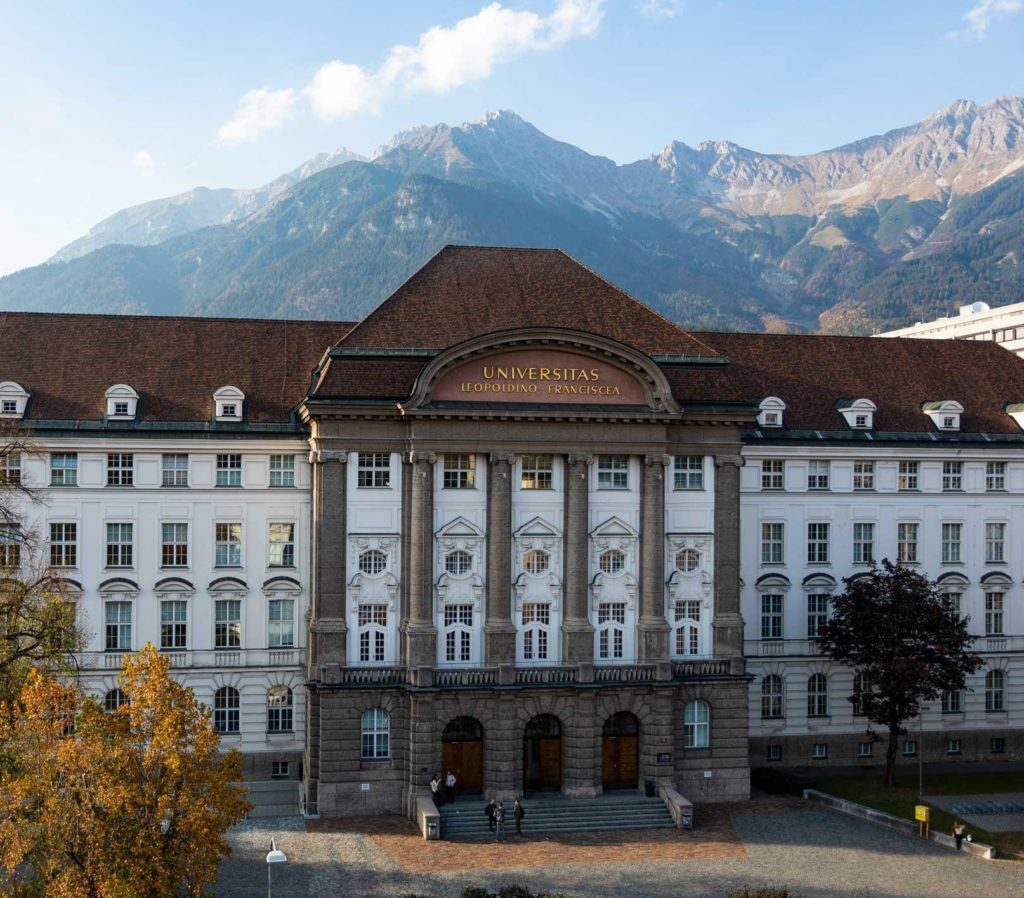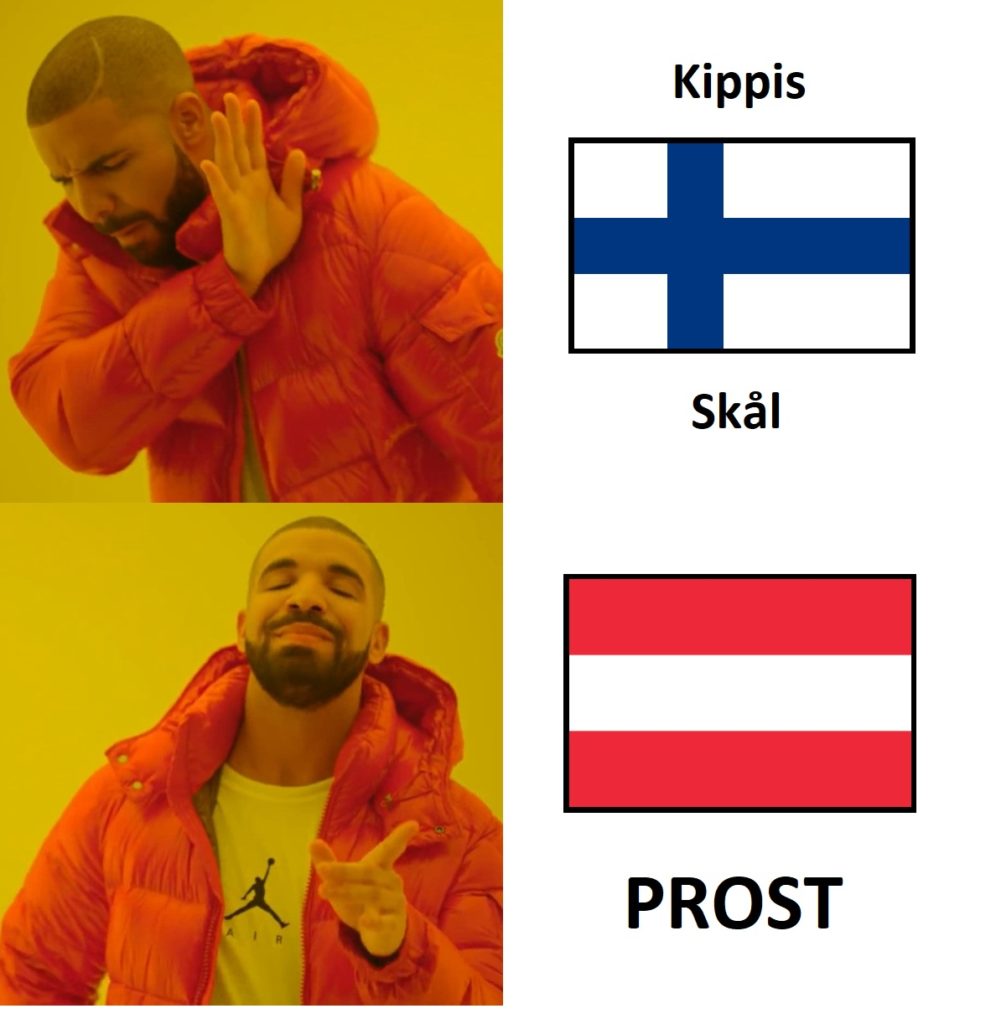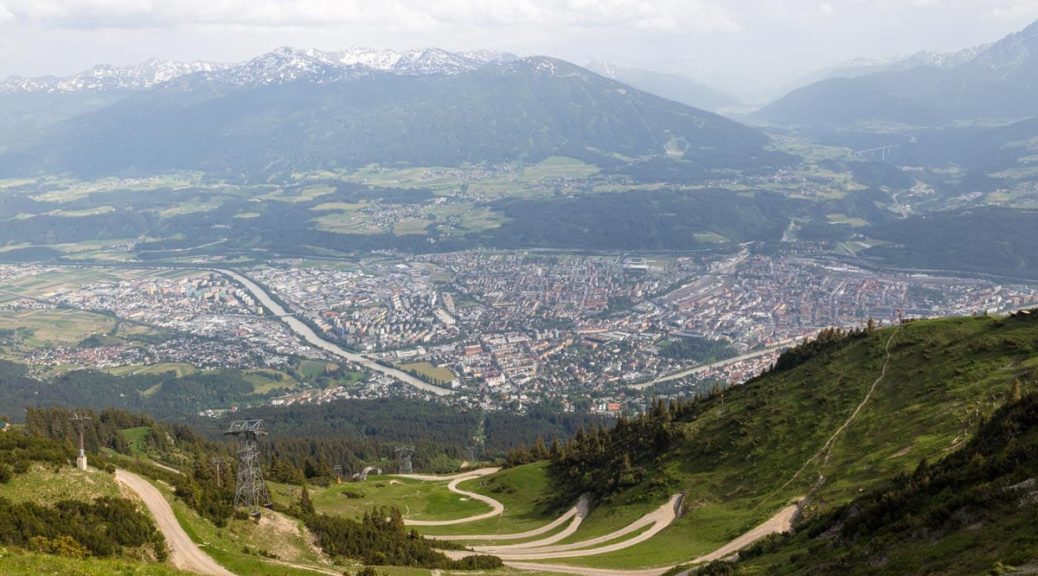After finishing high school and serving my time in the Finnish Defence Forces, I packed my bags and moved to England to study physics at Lancaster University.
I studied there for a year, before deciding to move back to Finland to continue my studies at the University of Helsinki. Here I am to bring forth some of my experiences and the differences of studying in the different countries.
Lancaster:
Studying:
When the time came for me to pack my bags for England, I thought there had to be a thousand things that had to be taken care of regarding my studies once I got to Lancaster; choosing modules, finding out what books to buy, making my schedule, etc., etc. After moving day and the first shock of living in another country, I realised that all had been taken care of for me. During the first introductory lectures I was handed all the information I needed regarding my studies, all my first-year modules were already chosen for me, and all I had to do was to follow the schedule that had been made for me. My first thought was that there was a lack of choice in your studies, but later on when studying in Helsinki I realised that having everything planned out for you can be quite convenient.
In the physics department of Lancaster University there is a 70% compulsory attendance rate in lectures for a module. This is quite surprising for higher education where one should be free to study on ones own terms, provided that the studies go well. I for one am a non-auditive learner and found it quite frustrating to have to sit through lectures without getting any more useful information from them except for knowing what I currently should be studying. During the second half of my year in Lancaster I started skipping more and more lectures, provoking the compulsory attendance rate, in order to study on my own. This tactic ended up having a positive impact on my grades and I regretted not skipping lectures during the first half of the year.
A normal week of physics studies in Lancaster Uni included lectures, workshops and seminars. The purpose of a workshop was to help student solve weekly worksheets that had to be submitted in every module throughout the year. The seminars consisted of a walk-through of proposed solutions to problems in the worksheets. These workshops and seminars were not compulsory, but crucial in order to solve and understand the worksheets, that were based on the theory learned in the modules. I personally found the workshops and seminars to be of much more value than the lectures.
In the beginning of the year every physics student was assigned to a director of studies, whose purpose was to be a form of support for you studies. The director of studies was to call you in for a chat every couple of months or so, to see how your studies were going. You could talk about anything with you director of studies, but there was usually an emphasis on your studies. I found my director of studies to be very helpful and I gave him a lot of feedback of the modules I was studying, and every time I saw him I protested the obligatory attendance on lectures.
Student life:
In Lancaster, Lancaster University Student Union Housing, or LUSU Housing, was the organization that took care of accommodating new students in Lancaster, either on campus or in town (the campus is situated about 4 km south of the town). When you start studying in Lancaster you will be sorted into a college. The college you are in dictates to what kind of a accommodation you can move into if you choose to live on campus. What you study as a major and which college you are in do not walk hand in hand. If you choose to move to campus, for your first year, you will probably move into a flat together with a lot of people that do not study the same subject as you, and those people will most likely be the ones you end up socialising and going out with the most during your first year. Thus, creating a web of contacts with people of very different backgrounds and personalities.
In addition to the college system, the Lancaster Uni offered a range of societies and sports clubs, founded and managed by students, that you could join. Joining a society or club gives one the opportunity to meet a whole new range of people from different colleges and fields of study. I myself joined Lancaster University’s handball team and met a lot of people from different parts of the world, and I played in various university tournaments in different parts of England.
Helsinki:
Studying:
When the time came for me to to pack my bags for Finland, I felt overly calm. I knew that there was nothing to worry about and was sure that everything would be all right once term started at the University of Helsinki. Once I was settled in and ready for my second year of studies, I realised I did not have any idea of how to get started with my studies. There was no schedule made ready for me, there was little relevant information given at the introductory lectures I attended, and I had no clue whatsoever what modules I was to study, and this time I had to choose the modules myself. The credits gained in a module at the physics department range from 3 to 8, which complicates the planning of a 180 credit Bachelors degree especially when you have come in from abroad with a slightly different credit system. This made me really long for all the modules being chosen for me in Lancaster
In the physics department in Helsinki there is no obligatory attendance rate. Now, at first this seemed good. But later on I realised that, in some modules, the lecturers teach things that do not necessarily come up in any lecture notes or course books. Most lecturers do not seem to be doing this on purpose, it rather takes the form of examples of problems they come up with on the go. But some lecturers actually say that these things are exclusive for those who come to the lectures. This really begs the question: Is there really a need for such methods to pressure people into attending lectures at a higher education, especially when there are people that do not learn the auditive way? Why not just post it all in the lecture notes?
The structure of a normal week of physics studies is quite similar in Helsinki, as in Lancaster. There are lectures and workshops to attend, and worksheets to submit. There are no seminars as in Lancaster, they are baked into the workshops instead. This means that usually the students demand dictates how the workshops go: A walk-through of last weeks worksheet, help in solving next weeks worksheet, or a bit of both. There is simply not time in these workshops to do both, resulting in the risk of there being a lack of understanding in some areas of the theory learned in the modules. In some modules the lecturers post online model answers to the worksheets, which I have found to be very educational and helped me in my studies. I once asked the head of the physics department why he does not post model answers for the worksheets in his module in electrodynamics, and he replied that I have to go to the workshops. Once I explained to him that there is not always time to have a thorough walk-through of the worksheets in the workshops, he simply replied that then I would have to get the worksheets right on my own. I found this advice very unhelpful and was surprised to hear such a remark from the head of the department.
The biggest difference between studying in Helsinki would be that there is nothing similar to a director of studies as in Lancaster. The director of studies really gives one a feeling of the university knowing that you are there, studying. In Helsinki I have never had that feeling.
Student life:
In Helsinki there is no accommodation organization tied to the university . One main reason for this might be that there is no core campus. All the faculties are spread out all over town and there is no “living on campus”. There are some student housing companies like HOAS and Arcada Nova that are usually cheaper alternatives for less earning students.
Once you start uni, there is usually a society tied to the specific field of your studies, that helps you get started. There are some similarities to the societies in Lancaster, but the biggest flaw in Helsinki is that you are “forced” to socialise with people that study the same subject as you. If you feel like socialising with people studying different things, you will have to get out of your comfort zone and attend parties arranged by other societies.
In Helsinki the student parties usually take the form of a “sits” or “sitz” (shortened from “sittning”) or a seated meal. These academic festivities usually start around 6-8 pm and last for a couple of hours, during which a three-course dinner is enjoyed and a lot of drinking songs are sung. Then after the traditional punsch (do not confuse with punch) the seated meal ends and the guests relocate to another venue where the after party takes place.
Before ending this article it is also worth mentioning that there are great cultural differences between England and Finland, and that there also is a quite hefty tuition fee for studying in England, whilst it is free to study in Finland.
If there is anything that is to be learned from this article, it is that every place has its flaws. But I do not intend in any way to mock the current state of higher education in either country. I have mainly brought forth my point of view and experiences from studying in both countries.
Emil






